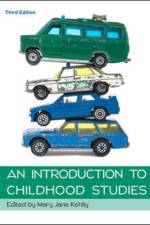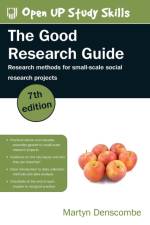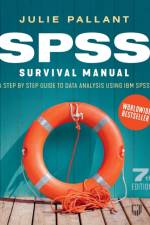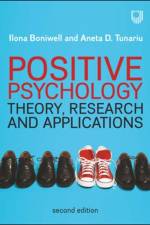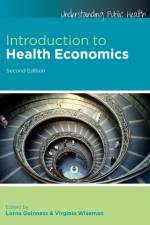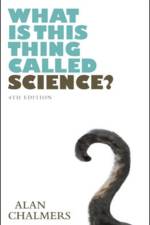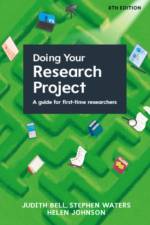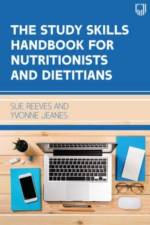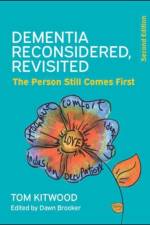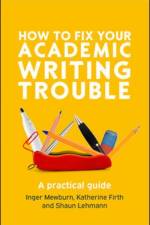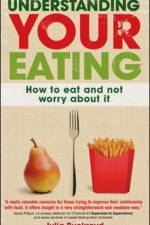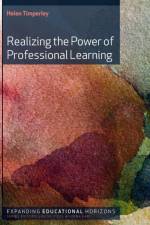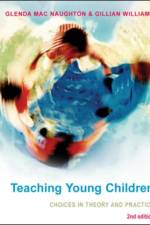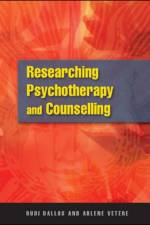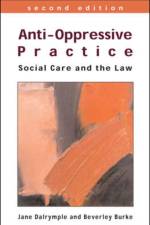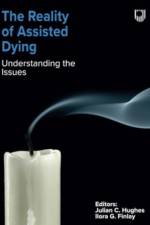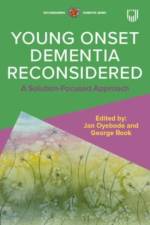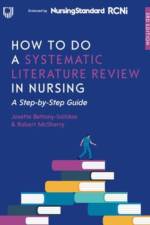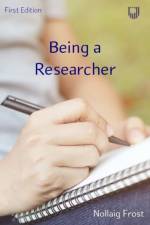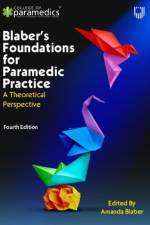av Julian Hughes
419
"This is a book to be read by all involved in either side of this heated debate."Dr C Fourcade, President of the French Association for Palliative Care, France"This powerful collection of essays brilliantly unpacks the legal, ethical and practical issues around the assisted dying debate."Jonathan Herring, Professor of Law, University of Oxford, UK"This is an essential exploration of the complexities behind the sound bites."Baroness Campbell of Surbiton DBE, UK"A much needed, timely compendium covering the main issues underlying and surrounding Assisted Dying."Robert Twycross, Past Head, WHO Collaborative Centre for Palliative Care, Oxford, UK"Wherever your views lie on ... assisted dying, you should read this book."Dr Matt Morgan, Professor of Intensive Care, Cardiff University, UK, and Curtin University, AustraliaAt a critical moment in the UK debate, this book provides up-to-date reflections from a broad variety of international experts on the profoundly important issues that surround changes in the law in any jurisdiction in connection with assisted dying and considers the realities that surround such changes.The Reality of Assisted Dying covers all the important issues in the debates about assisted suicide and euthanasia. This includes thoughts on the role of the law, discussion of important philosophical and ethical concepts, investigating the various issues that arise in the practice of medicine and palliative care, and scrutinizing concerns about definitions, coercion, consequences and safety.This book:Provides up-to-date data, evidence and reflections from professionals from countries where assisted dying has been legalized;Takes a fresh look at the arguments around legalization of assisted dying;Shows how a change in the law must take account of all those who will be affected, including families and those who will feel compelled to participate by assisting suicides or performing euthanasia;Shows the problems and dangers of embedding assisted dying within healthcare, and explores how alternative socio-legal procedures would improve legitimacy and monitoring for patients and their families.The book is relevant to a variety of intellectual disciplines and to political and social debates both in the UK and internationally, as well as being of interest to general readers and students studying the many relevant subjects, from medicine, to law, sociology, politics, philosophy and ethics.Julian C. Hughes has studied and been a professor of both philosophy and of old age psychiatry. He was an NHS consultant in old age psychiatry and served as deputy chair of the Nuffield Council on Bioethics, UK. His most recent book was Dementia and Ethics Reconsidered, published by Open University Press.Ilora G. Finlay is a Crossbench Peer in the House of Lords, an honorary professor of palliative medicine at Cardiff University, UK, past President of the BMA and the Royal Society of Medicine. A founder director of Living and Dying Well, she co-authored Death by Appointment and led on legislation to encourage the availability of palliative care for all.

